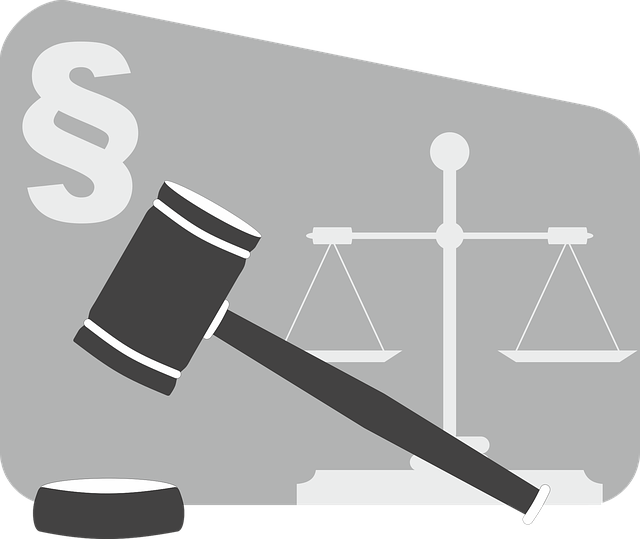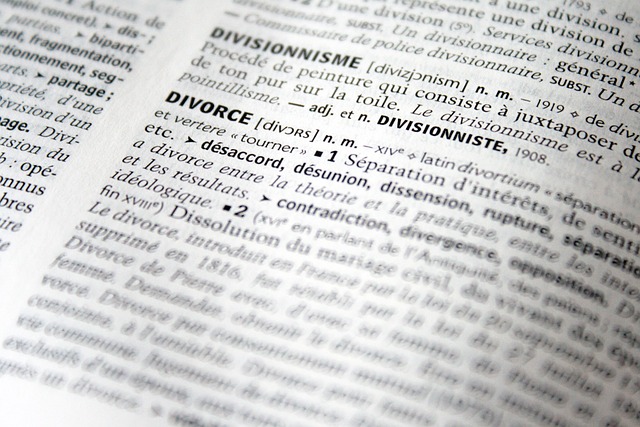RF Regulatory Agencies oversee safety in various sectors by enforcing RF standards, investigating violations like unauthorized emissions and health risks using advanced tools. Their settlement process for employment law cases offers a strategic, efficient route to resolutions outside court, focusing on guidance, education, and negotiations to deter future infractions, benefiting both corporate and individual clients by securing safe technology integrations and managing reputations.
RF Regulatory Agency investigations play a pivotal role in ensuring compliance with radio frequency (RF) standards, safeguarding public safety, and fostering fair competition. This article delves into the crucial aspects of these inquiries, focusing on the agency’s mandate, common triggers, and the legal framework governing employment law cases. By understanding the settlement process as a key outcome, businesses can navigate RF regulations effectively, especially in the context of the Settlement Process for Employment Law Cases.
- Understanding RF Regulatory Agency Role in Investigations
- Common Grounds for RF Agency Interventions
- The Settlement Process: A Legal Framework for Employment Law Cases
Understanding RF Regulatory Agency Role in Investigations

RF Regulatory Agencies play a pivotal role in ensuring compliance with radio frequency (RF) standards and regulations, which are essential for maintaining safety and security in various industries. These agencies conduct thorough investigations when violations or potential hazards are suspected. Their mandate extends to regulating white-collar and economic crimes, including those related to RF technologies. The investigation process involves meticulous data collection, evidence analysis, and interviews with stakeholders, focusing on both corporate and individual clients.
The settlement process for employment law cases within these agencies mirrors broader legal practices. They aim to resolve issues amicably, offering guidance and education to prevent future infractions. This approach can vary depending on the nature of the crime, ranging from administrative penalties to more stringent measures. Effective communication between regulatory bodies and industry players is crucial in fostering compliance, especially considering the dynamic nature of RF technology and its increasing integration into daily life, including sophisticated general criminal defense strategies.
Common Grounds for RF Agency Interventions

RF Regulatory Agency interventions often stem from several common grounds, driven by their mandate to ensure compliance with radio frequency (RF) standards. These include unauthorized RF emissions, potential health risks associated with RF radiation, and interference with critical communication networks. The agencies conduct thorough investigations, employing advanced measurement tools to pinpoint the source and extent of any non-compliance.
While some cases lead to formal proceedings and settlements, many are resolved through cooperative efforts between the agency and violators. The settlement process for employment law cases within RF regulatory agencies is known for its effectiveness, boasting an unprecedented track record in securing resolutions that not only comply with regulations but also protect public safety. This approach benefits both corporate and individual clients, ensuring that lessons are learned and best practices implemented to prevent future infractions. For his clients, the outcome often translates into enhanced reputation management and sustained compliance with RF standards.
The Settlement Process: A Legal Framework for Employment Law Cases

The Settlement Process for Employment Law Cases plays a pivotal role in resolving disputes outside of court, offering a more efficient and cost-effective alternative to lengthy legal battles. This approach is particularly relevant in white-collar defense scenarios, where organizations and individuals face complex accusations and high-stakes consequences. By engaging in settlement negotiations, parties can navigate the intricacies of employment law cases while avoiding the public nature of a trial and the potential for winning challenging defense verdicts.
A structured legal framework governs this process, ensuring fairness and transparency. It involves strategic discussions between plaintiffs and defendants, often facilitated by mediators or arbitrators. The goal is to reach an agreement that satisfies both parties, addressing underlying issues while minimizing further legal expenses. This proactive approach not only facilitates a quicker resolution but also helps in avoiding the risk of indictment for white-collar crimes, providing a more favorable outcome for all involved.
RF Regulatory Agencies play a vital role in ensuring compliance with standards and laws related to radio frequency (RF) technologies. By investigating potential violations, these agencies safeguard public safety and promote fair practices within the RF spectrum. When it comes to employment law cases, understanding the settlement process is crucial. The legal framework guiding this process offers a just and efficient resolution for both employers and employees, with a focus on ensuring fair compensation and adherence to regulatory standards, such as those governing the Settlement Process for Employment Law Cases.






